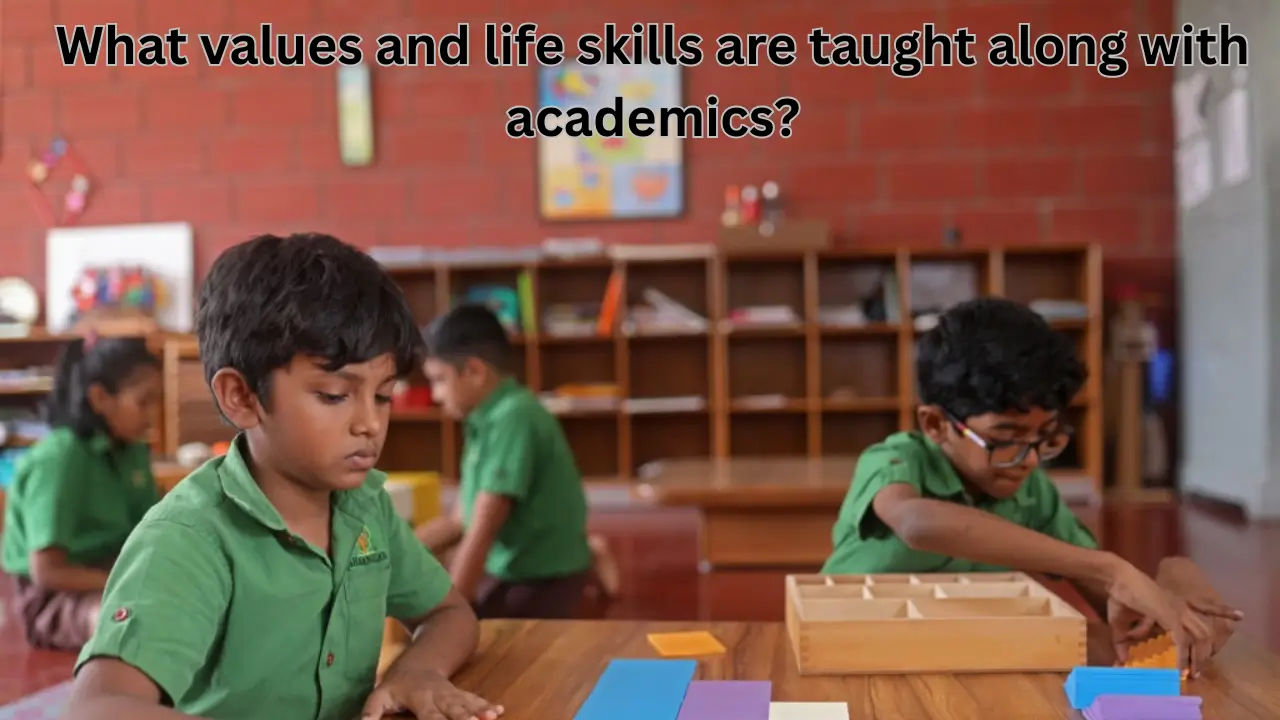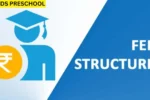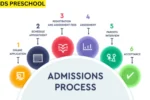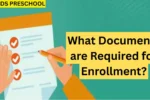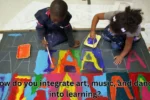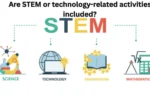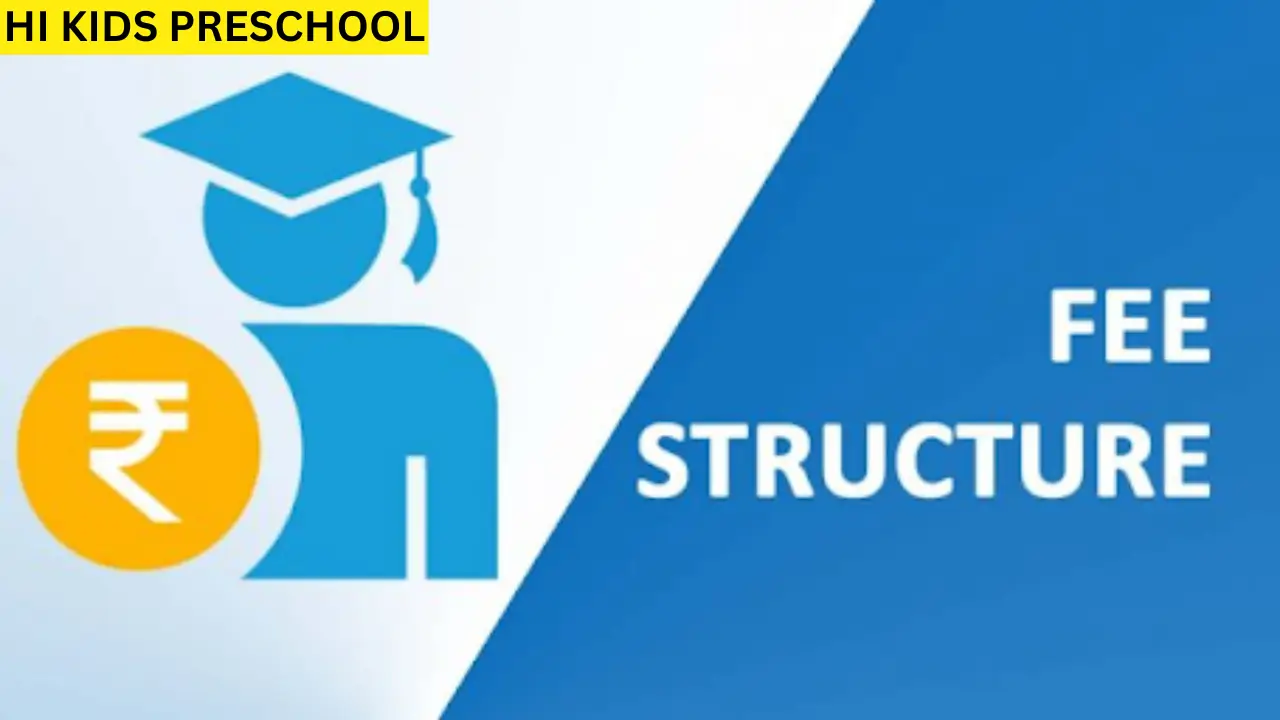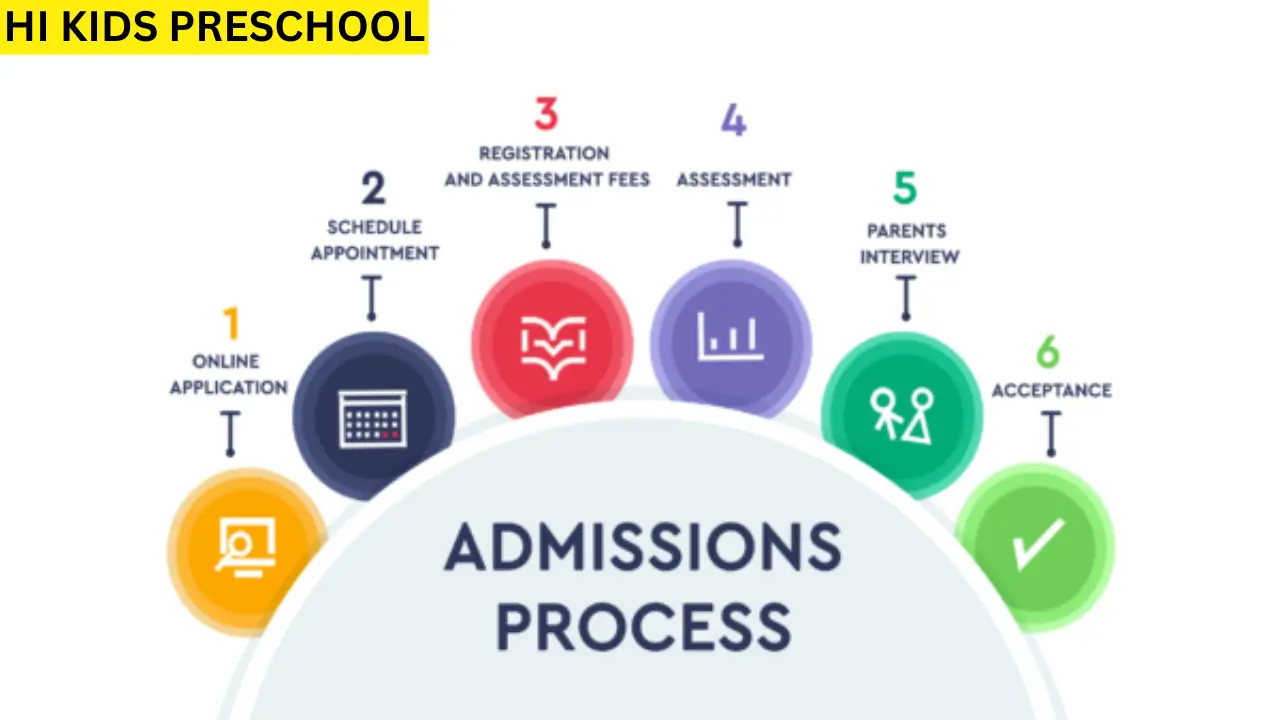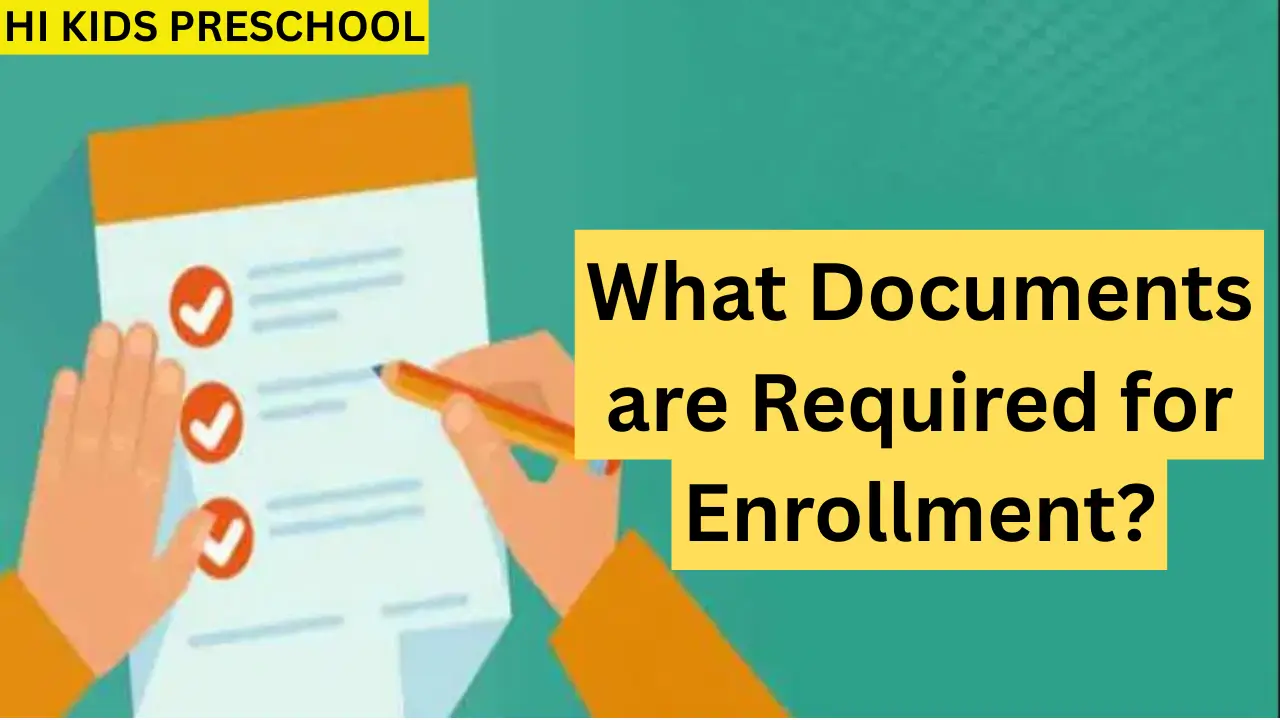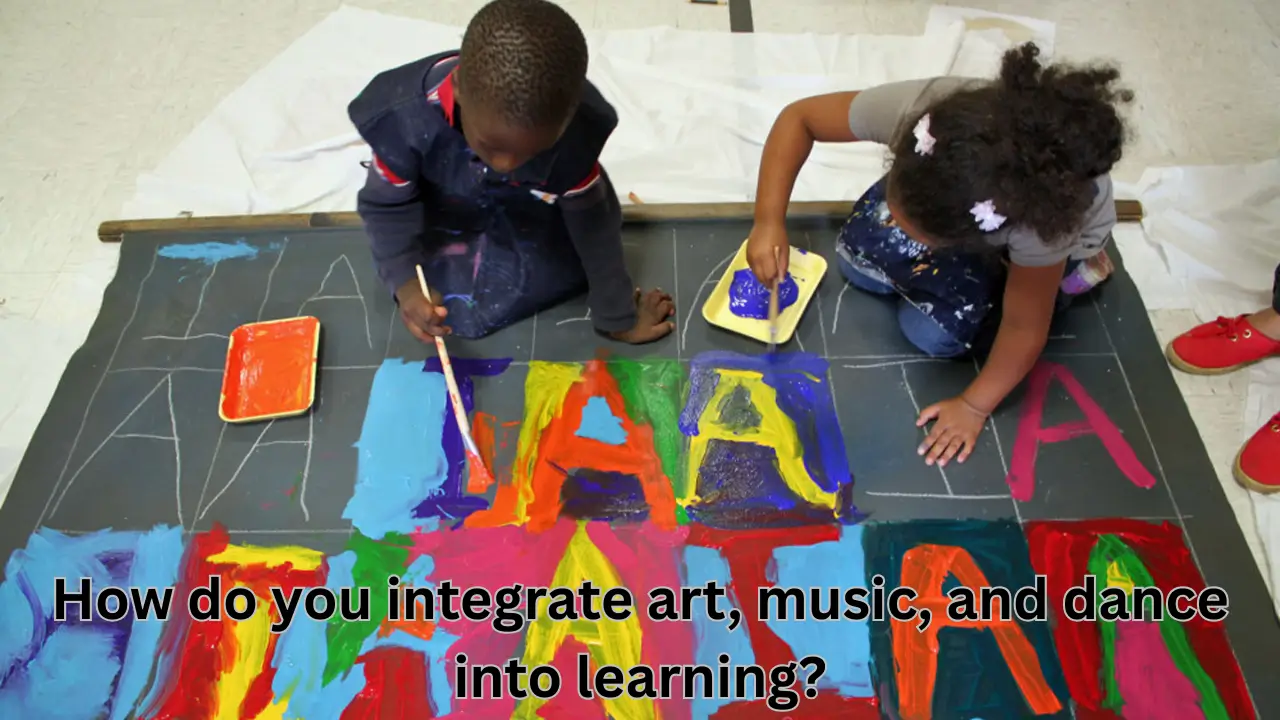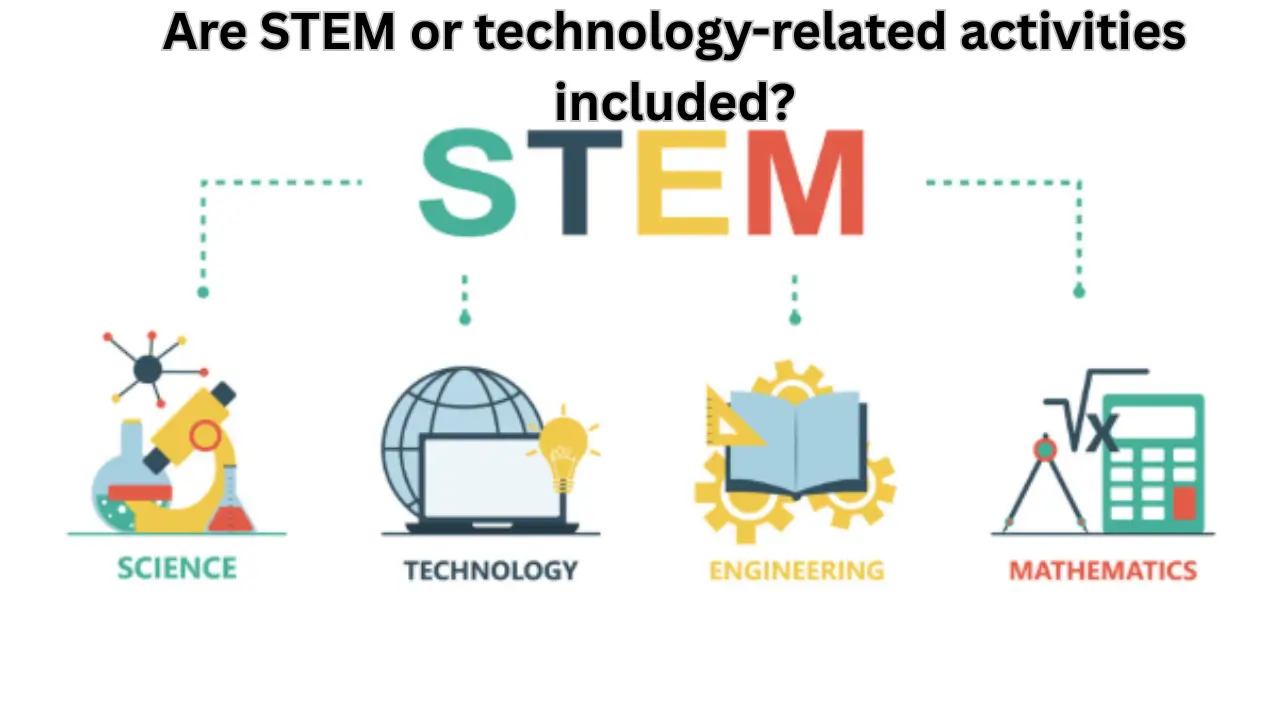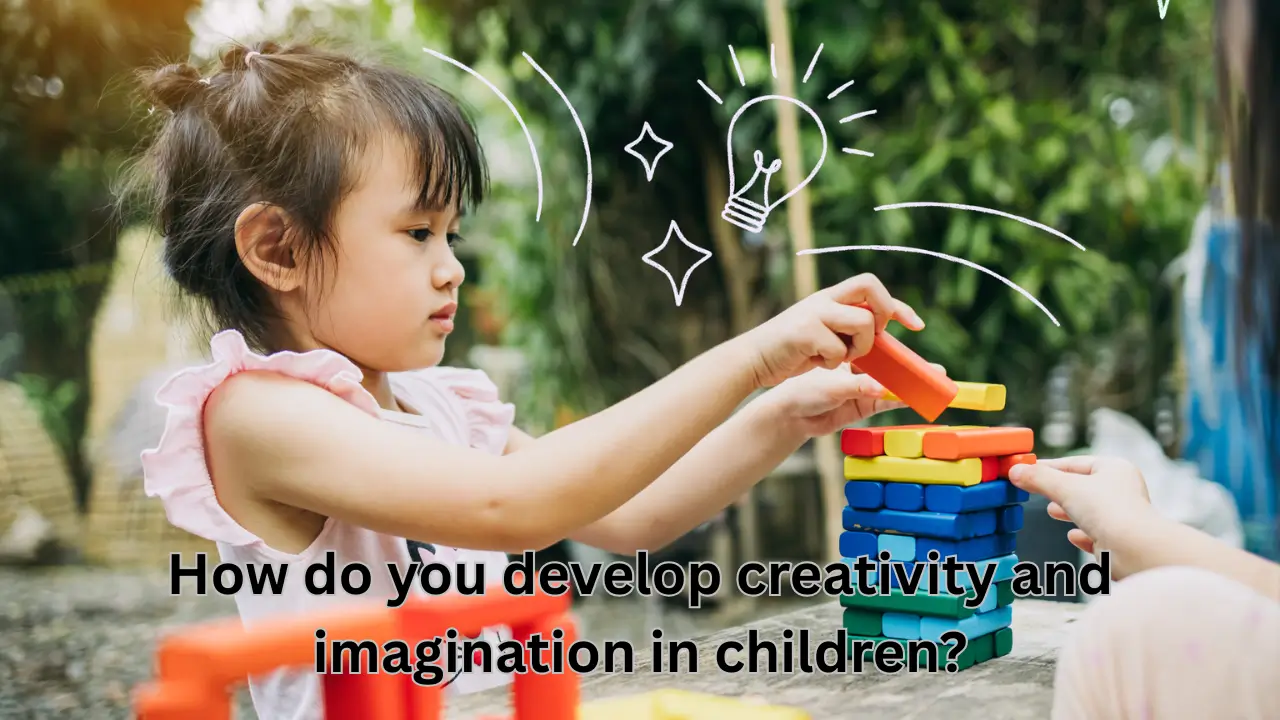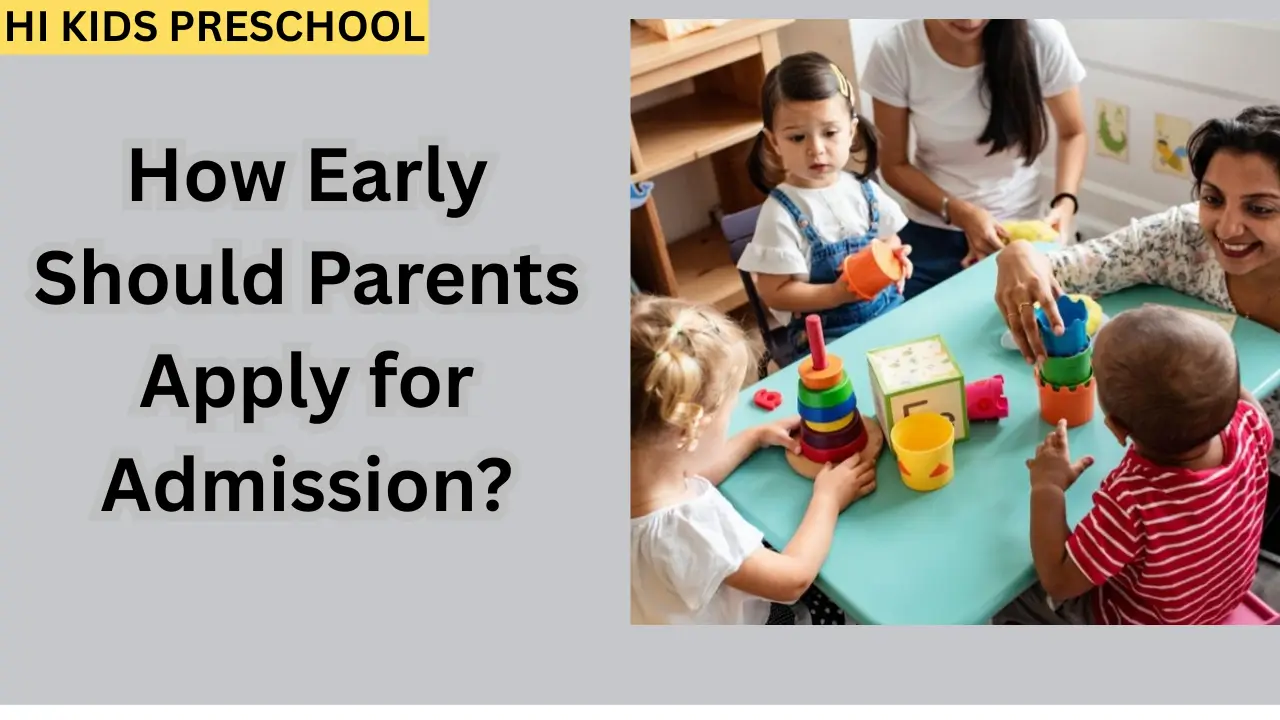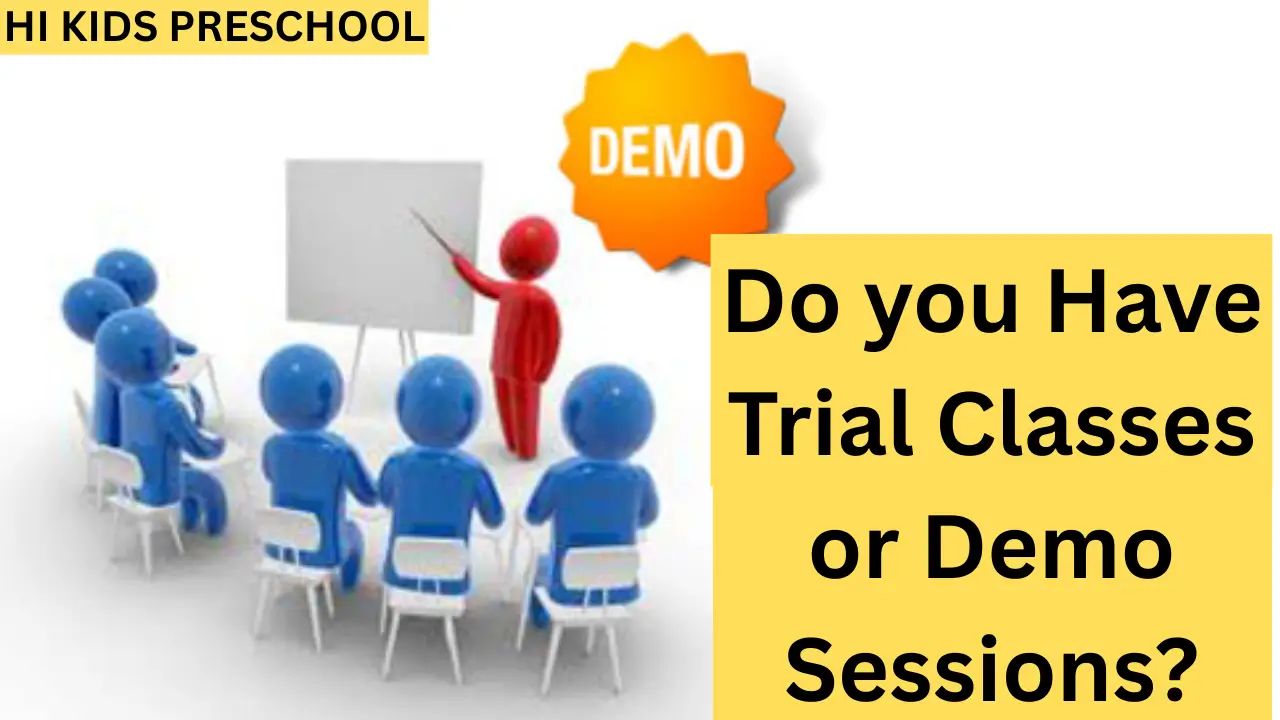In modern education, the focus has broadened beyond mere academic achievement. Schools and higher educational institutions now emphasize imparting essential values and life skills alongside academic knowledge to nurture well-rounded individuals. These competencies prepare students to navigate complex personal, social, and professional challenges, supporting their holistic development.
The Core Values Taught Alongside Academics
Education today integrates ethical and moral values to develop responsible, conscientious citizens. Some core values include:
- Integrity and honesty
- Empathy and compassion
- Respect for diversity and inclusiveness
- Responsibility and accountability
- Justice and fairness
- Environmental consciousness
These values aim to instill a strong moral compass in students, helping shape their character and behaviors in society.
Essential Life Skills Incorporated in Education
Life skills education equips students with practical capabilities needed for daily living and future challenges. These skills can be categorized broadly as:
Social or Interpersonal Skills
- Effective communication (verbal and non-verbal)
- Assertiveness and cooperation
- Empathy and relationship building
Creative and Thinking Skills
- Critical thinking
- Problem-solving
- Decision-making
- Creativity and innovation
- Self-awareness
Emotional Skills
- Stress and emotion management
- Resilience and handling peer pressure
Professional and Practical Skills
- Leadership and management
- Digital literacy and cyber ethics
- Personal finance management
- Time management
Updated Curriculum Initiatives and Approaches
Reflecting the priorities set by the National Education Policy (NEP) 2020 and recent educational reforms, universities and schools have adopted updated life skills curricula. These curricula are designed to be learner-centric, adaptable, and practical. Some recent updates include:
- Integration of modules on digital literacy, social media ethics, and cybersecurity.
- Emphasis on cognitive and non-cognitive skills with hands-on approaches like role-play, case studies, and group activities.
- Inclusion of Constitutional values, justice, and human rights education.
- Use of hybrid teaching methods (online and in-person).
- Training programs for teachers to effectively deliver life skills education through workshops and capacity-building programs.
Benefits of Teaching Values and Life Skills Alongside Academics
- Enhances students’ self-confidence and independence.
- Prepares students to face real-world personal and professional challenges.
- Improves emotional intelligence and interpersonal relationships.
- Builds critical and creative thinking abilities.
- Promotes ethical behavior and social responsibility.
- Supports mental health and stress management.
- Encourages lifelong learning and adaptability to change.
Table: Comparison of Academic Knowledge vs. Values and Life Skills Education
| Aspect | Academic Knowledge | Values & Life Skills |
|---|---|---|
| Focus | Subject concepts, theories, facts | Personal development, social skills, ethics |
| Outcome | Knowledge acquisition, exam success | Holistic personality, decision-making |
| Approach | Classroom teaching, tests | Experiential learning, role-play, projects |
| Examples | Math, Science, Literature | Communication, empathy, leadership |
| Application | Career foundation | Life management and interpersonal success |
| Assessment | Written and practical exams | Observations, behavior, participation |
How Educators Contribute
Teachers play a pivotal role in fostering both academic and life skills. They are not only knowledge transmitters but also role models who:
- Integrate life skills into curriculum and day-to-day teaching.
- Encourage project-based and experiential learning.
- Foster an inclusive, supportive, and creatively stimulating environment.
- Mentor students in managing emotions and interpersonal conflicts.
- Continuously update their own skills via training programs.
Conclusion
The integration of values and life skills education alongside academics is essential for nurturing competent, responsible, and adaptable individuals. Equipping students with these competencies prepares them to thrive in personal life, professional arenas, and societal roles. The evolving educational frameworks increasingly recognize this holistic approach as critical for success in the 21st century and beyond.
